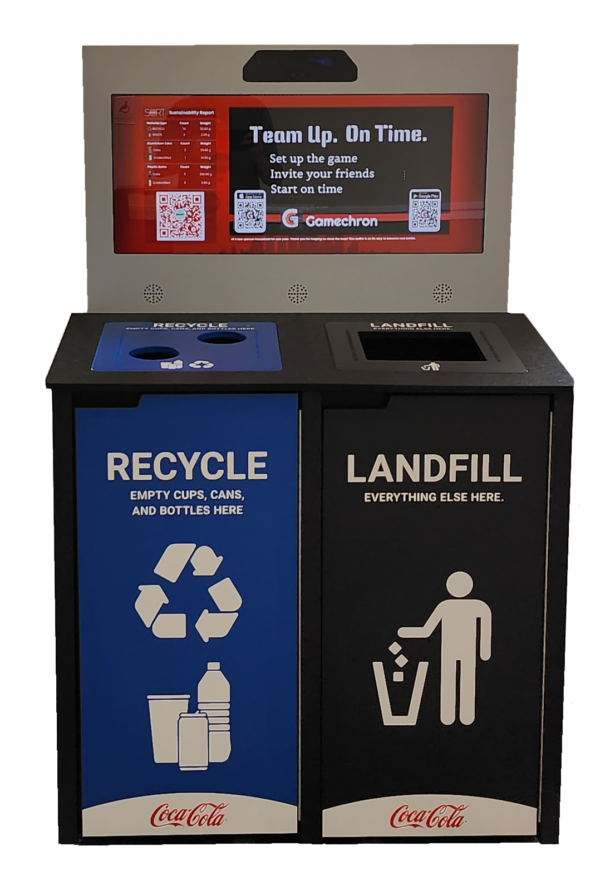The traditional waste management system is not always efficient, and the waste generated in our cities is increasing day by day. With the advent of technology, however, waste management has been transformed into a more sustainable and efficient process. Smart bins are one such innovation that has changed the way we dispose of waste.
Smart bins are equipped with sensors that can detect the level of waste and notify the concerned authorities when they need to be emptied. These bins are often powered by solar panels and have the capacity to compact waste, reducing the frequency of emptying. The use of smart bins has numerous benefits, not only for waste management but also for the environment.
Firstly, smart bins can help reduce the cost of waste management. The sensors in the bins can detect the fill level, enabling waste management companies to optimize their collection routes, reducing fuel consumption and maintenance costs. Additionally, the compacting feature of smart bins can reduce the frequency of collection, which translates into fewer collection trips and a reduction in operational costs.
Secondly, smart bins can help reduce the amount of waste that ends up in landfills. The sensors in the bins can help monitor the waste composition, which can be used to optimize waste sorting and recycling. By collecting data on the type and volume of waste, authorities can identify areas that require more recycling facilities or educate residents on proper waste disposal practices. This data can also be used to monitor the effectiveness of recycling programs, leading to increased recycling rates.
Thirdly, smart bins can improve the cleanliness of the environment. Traditional waste bins can overflow, leaving waste strewn on the streets, which can be unsightly and hazardous. Smart bins, on the other hand, can alert waste management companies when they are close to capacity, allowing them to empty the bins before they overflow. The compacting feature of smart bins can also reduce the number of bins required in a particular area, leading to less clutter and more space for pedestrians.
Finally, smart bins can also improve the safety of waste collection workers. The traditional waste collection involves manual handling of waste, which can be dangerous and lead to workplace injuries. Smart bins, on the other hand, can eliminate the need for manual handling by using automated systems to empty the bins. This can reduce the risk of workplace injuries and increase the safety of waste collection workers.
Smart bins have revolutionized waste management by using technology to optimize waste collection and reduce the amount of waste sent to landfills. They have numerous benefits, including reduced costs, increased recycling rates, improved cleanliness, and increased safety for waste collection workers. As the world becomes more urbanized, the use of smart bins is likely to become even more important in ensuring a sustainable future.




